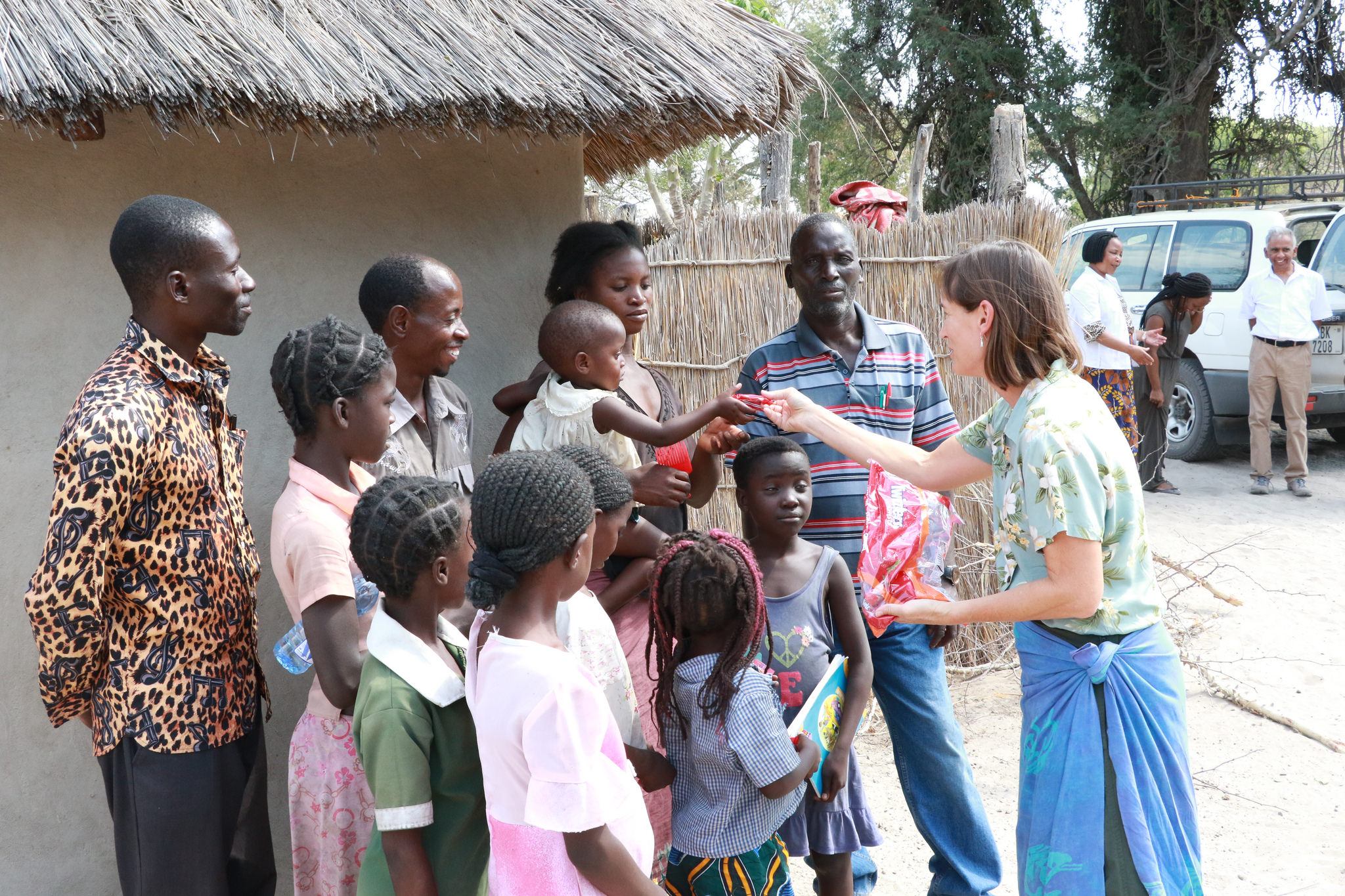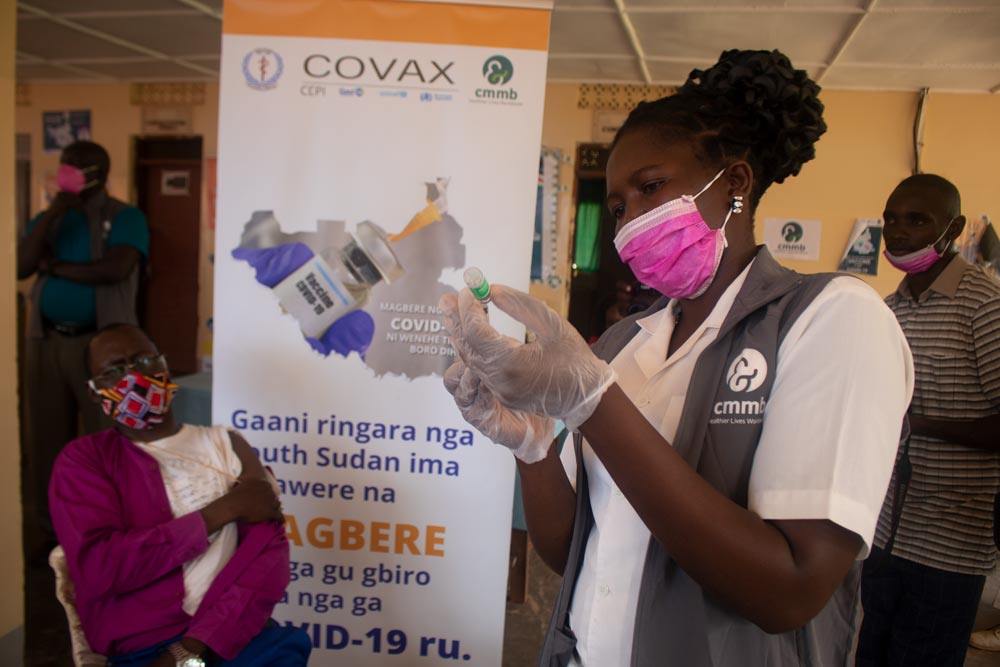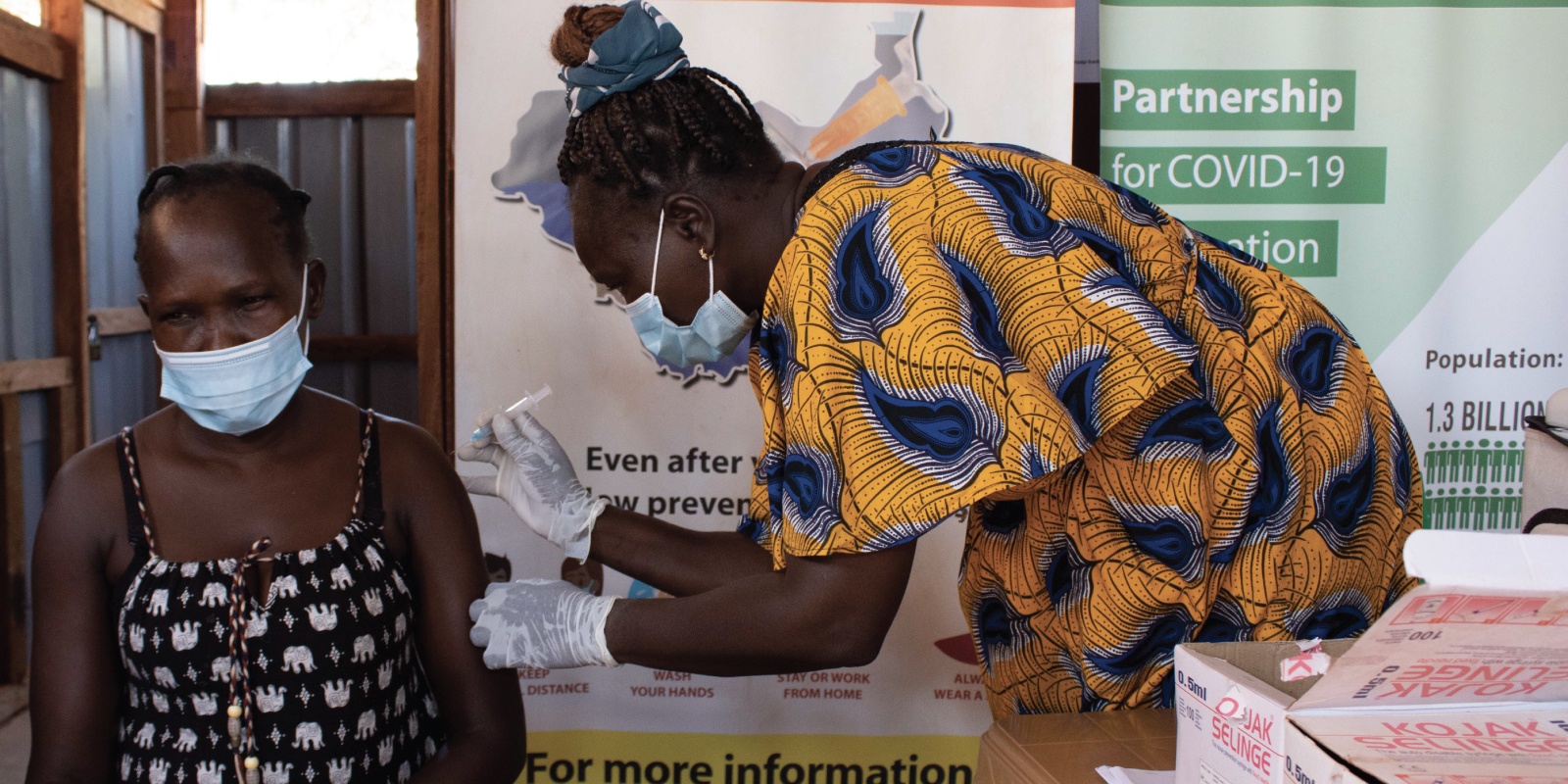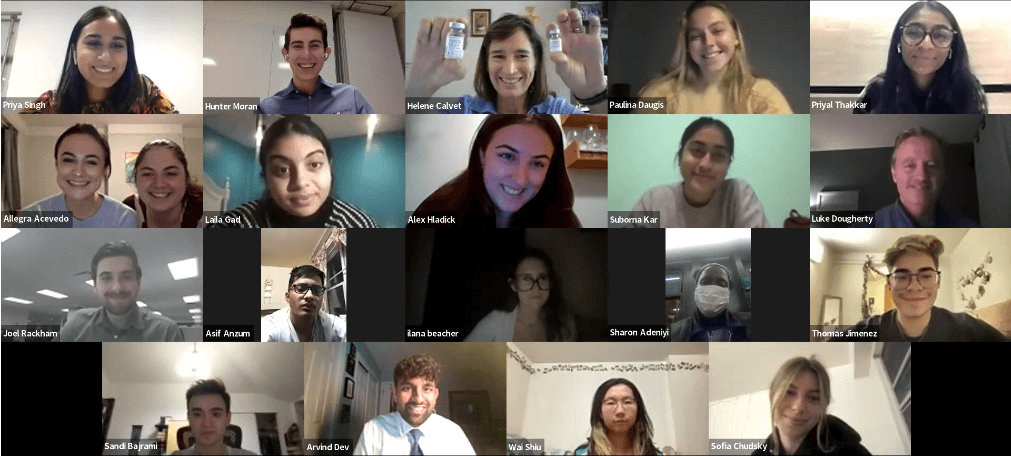CMMB x Hunter Event: Where Do We Go From Here? Vaccines and Post-Pandemic Life
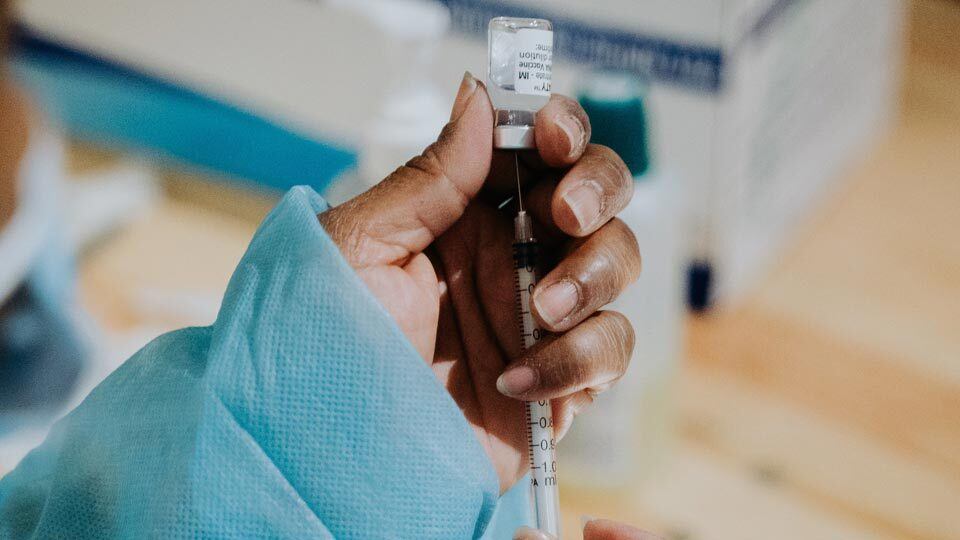
From November 29th-December 3rd, 2021, CMMB x Hunter hosted the #VAX4ALL campaign. The campaign centered on raising awareness about international vaccine inequity, with the end goal to encourage U.S. Representatives to donate more vaccines to low- and middle-income countries that have been failing to meet WHO’s vaccination targets.
The week consisted of daily actions students could participate in, ranging from a social media storm to calling their representatives and signing petitions. Over 140 people subscribed to the campaign, the #VAX4ALL hashtag reached an estimate of 127,000 accounts on Twitter and 35,000 accounts on Instagram, and 104 people signed the petition!
To wrap up #VAX4ALL Week, Dr. Helene Calvet,CMMB Medical Volunteer, was invited to speak to students about international vaccine inequities and her experience with vaccine development as an infectious diseases specialist. Opening up her talk with “No One is Safe Until Everyone is Safe,” Dr. Calvet educated students on the process of vaccine distribution and the roadblocks that developing countries face in distribution and in dispelling misconceptions rooted in cultural beliefs.
Dr. Calvet used her prior experiences in vaccine distribution in Dhaka, Bangladesh to illustrate to students the difficulties and important factors to consider when administering vaccines in low-income and disadvantaged communities. To Dr. Calvet, getting the vaccines to these underprivileged communities is half the battle, and she emphasized to students on the importance of what comes next in the process to ensure the vaccine doses are not wasted and adequately administered.
Understanding the A, B, and Cs of Global Vaccine Inequity
Tying into the mission of #VAX4ALL Week, Dr. Calvet laid out some basic facts to familiarize students with the impacts of global vaccine equity and the implications it has on controlling the spread of the virus.
Countries that have limited access to vaccine doses and the equipment necessary become grounds for the vaccine to mutate and further place the population at risk of experiencing another pandemic. “Uncontrolled transmission increases risks of emergence of new variants, tying back to the concept of none of us being safe until everyone is safe,” said Dr. Calvet when explaining why the rise of the Delta and Omicron variants started in low-income countries.
“Uncontrolled transmission increases risks of emergence of new variants, tying back to the concept of none of us being safe until everyone is safe.” – Dr. Calvet
And, unlike in higher income countries that have a choice on whether or not to get the vaccine, people in low-income countries are lucky to have doses available near them that are not expired or stored incorrectly. With the WHO’s vaccine targets of 10% of the population in low-income populations for September 2021 being missed by a long shot, the disparities between richer and poorer countries is glaring, with 1 in every 2 people in high-income countries vaccinated compared to only 1 in every 12 people in low-income countries vaccinated.
Having taught vaccine equity for approximately a decade, Dr. Calvet discussed the two different definitions of equity with students. While some may see vaccine equity as the allocation of vaccines fairly across all countries, Dr. Calvet believes that the true meaning of vaccine equity is the equitable access to vaccines “without incurring financial hardship.”
“True equity would be having a ticket for everyone to be able to attend the game, but being able to provide the resources needed for everyone to receive a ticket without experiencing a financial loss is the closest we can get to it,” said Dr. Calvet.
The Challenges Faced When Distributing Vaccines
Volunteering in Dhaka, Bangladesh with vaccine distribution, Dr. Calvet introduced students to the road bumps she faced there when it came to administering vaccines effectively and resourcefully.
Issues faced included vaccine storage and transport. Some vaccines, like the Pfizer COVID-19 vaccine, require ultra-low temperature fridges that are too expensive for some countries to afford. Additionally, vaccine vials contain more than one dose, with companies like Pfizer including up to 6 doses in theirs. Dr. Calvet explained how once the vials were opened, time was ticking to ensure that all the vaccines were administered, or the other 5 would be wasted if not used by the end of the day.
Other overlooked factors with vaccine transport and storage include vehicle maintenance, the quality of donated vaccines, and the shelf life and notice given to countries about donated vaccine batches. Most importantly, cost plays a great role in the administration of vaccines. While the country may have the batches, administering the vaccine is not free, with places like South Sudan facing up to almost $10 to administer a single dose. “South Sudan lost 132,000 of initial vaccine doses because they needed more investment in delivery costs,” said Dr. Calvet.
But, Dr. Calvet did not want students to feel like the situation was hopeless, commending the #VAX4ALL initiative as one of the best ways for students to get involved and spread education on how supplying support for vaccine doses should not be where richer countries end their support.
South Sudan: A Case Study on Vaccine Equity
To end off her talk, Dr. Calvet shared with students a success story on the impact providing adequate support can make on getting a population vaccinated. As of October 2021, through CMMB’s help, almost 41,000 people in South Sudan have been vaccinated, a feat attributed to understanding cultural customs, and providing adequate funding for vaccine distribution and higher quality vaccines.
By encouraging the governor and bishops to receive their vaccines, the rest of the population felt safe and trusting in taking the shots. “Rumors spread faster than facts when it comes to vaccine administration,” shared Dr. Calvet when explaining to students the challenges faced in vaccinating the population in South Sudan.
“Today, almost 249,684 out of 332,470 doses received have been administered in South Sudan to date, a feat that is important to moving towards a safer future,” said Dr. Calvet.
What Needs to Be Done
To end her talk, Dr. Calvet shared with students the importance of looking at data when it comes to making decisions on mandating vaccines for everyone in the country. With very little data on the effectiveness of the booster vaccines, Dr. Calvet shared her weariness over mix matching vaccines and mandating it to anyone under 65 years old or those without underlying complications.
Dr. Calvet left students with this: “It’s really sad that people are not thinking of the big picture, the big picture being that the sooner the vaccine is administered to everyone worldwide, the sooner we are safer. We are not safe until everyone is safe.”
